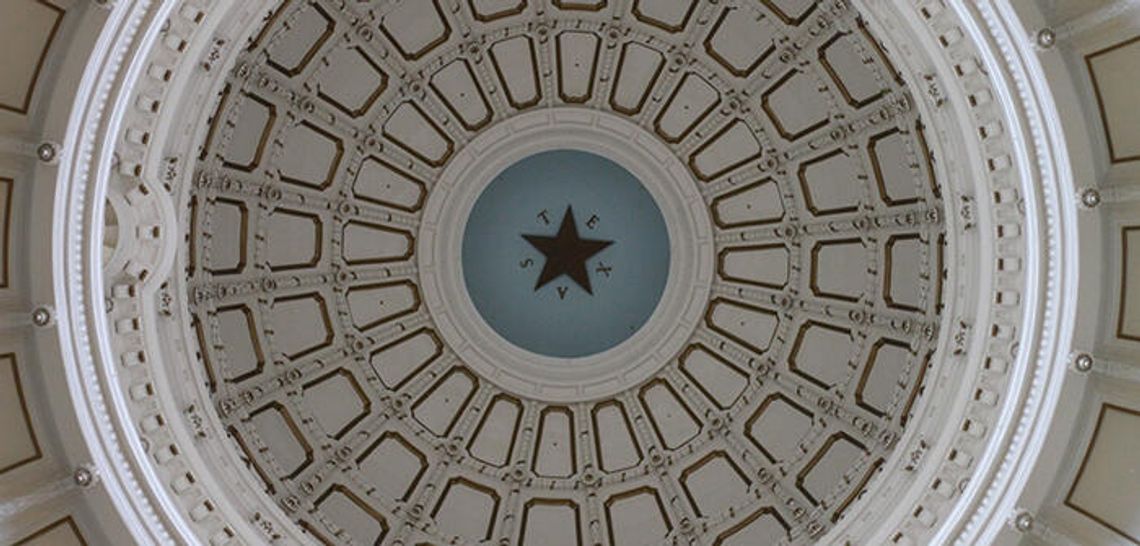By Sahar Chmais
District 45 Representative Erin Zwiener has filed six additional legislation pieces which would affect a spectrum of residents.
In the new bills, Zwiener offers an alternative writing assessment for Texas students, an incentive for nature-based infrastructure projects and a request to allow homeowners to pay for their property taxes quarterly instead of annually. The proposed bills will also give high-growth counties more control over the siting of rock quarries and other aggregate production operations and build on an existing dark skies Hotel Occupancy Tax bill.
PLEASE LOG IN FOR PREMIUM CONTENT. Our website requires visitors to log in to view the best local news.
Not yet a subscriber? Subscribe today!











